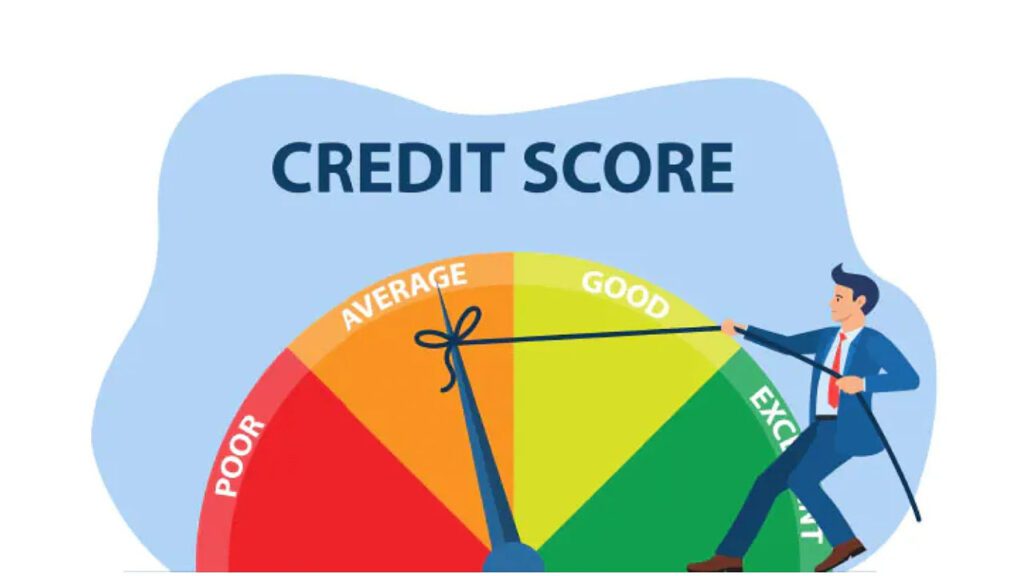7 Proven Ways to Improve Credit Score Fast – Boost Your Score
In today’s financial landscape, a good credit score is more than just a number—it’s your ticket to better loan rates, favorable insurance premiums, and even job opportunities. If you’ve been wondering how to improve your credit score fast, you’re not alone. Many individuals seek quick and effective strategies to enhance their creditworthiness. This article outlines seven proven methods to help you boost your credit score swiftly and sustainably.
1. Pay Your Bills on Time
Payment history is the most significant factor affecting your credit score, accounting for approximately 35% of your FICO® Score. Consistently paying your bills on time demonstrates to lenders that you’re a reliable borrower. Even a single late payment can have a lasting negative impact. To ensure timely payments, consider setting up automatic payments or reminders. If you’ve missed payments in the past, getting current and staying current is crucial.
2. Reduce Your Credit Utilization Ratio
Your credit utilization ratio is the percentage of your available credit that you’re currently using. It’s recommended to keep this ratio below 30%. High utilization can signal to lenders that you’re overextended financially. To lower your ratio, pay down existing balances and avoid accumulating new debt. Additionally, requesting a credit limit increase can help improve your utilization ratio, provided you don’t increase your spending.
3. Keep Old Accounts Open
The length of your credit history accounts for about 15% of your credit score. Closing old accounts can shorten your credit history and potentially lower your score. Even if you’re not using an old credit card, keeping it open can benefit your score. Just ensure there’s no annual fee associated with the account.
4. Diversify Your Credit Mix
Credit scoring models favor a diverse mix of credit accounts, including credit cards, installment loans, and mortgages. Having a variety of credit types can positively impact your score. However, only open new credit accounts when necessary and when you can manage them responsibly.
5. Dispute Inaccuracies on Your Credit Report
Errors on your credit report can drag down your score. You’re entitled to a free credit report from each of the three major credit bureaus—Equifax, Experian, and TransUnion—every 12 months. Review your reports for inaccuracies such as incorrect personal information, accounts that don’t belong to you, or outdated information. Dispute any errors you find with the respective credit bureau.
6. Avoid Opening Too Many New Accounts
Each time you apply for credit, a hard inquiry is made on your report, which can temporarily lower your score. While a single inquiry might not have a significant impact, multiple inquiries in a short period can be detrimental. Only apply for new credit when necessary and when you’re confident in your ability to manage it responsibly.
7. Consider a Credit-Building Loan or Secured Credit Card
If you’re new to credit or rebuilding your score, a credit-building loan or secured credit card can be beneficial. These tools allow you to demonstrate responsible credit use, which can positively impact your score over time. Ensure that the lender reports your payments to all three major credit bureaus.

10 Related Questions & Answers –
1. How can I improve my credit score quickly?
You can improve your credit score quickly by paying bills on time, reducing high credit card balances, and avoiding new hard inquiries. Prioritize paying off outstanding debts and consider requesting a credit limit increase to lower your credit utilization ratio. Addressing any errors on your credit report can also provide a fast boost. Using a secured credit card or credit-builder loan responsibly helps demonstrate positive credit behavior.
2. What factors affect my credit score the most?
The main factors affecting your credit score are payment history, credit utilization, length of credit history, credit mix, and recent inquiries. Payment history is the most significant, followed by credit utilization. Keeping balances low, making timely payments, maintaining old accounts, and having a diverse mix of credit types are key to maintaining a healthy score.
3. How often should I check my credit report?
It’s recommended to check your credit report at least once a year from each major bureau—Equifax, Experian, and TransUnion. Checking more frequently can help you spot errors or fraudulent activity early without affecting your score.
4. Can paying off debt improve my credit score?
Yes, paying off debt reduces your credit utilization ratio and shows lenders responsible behavior. Both factors positively influence your credit score over time.
5. How long does it take to improve a credit score?
Improving your credit score can take several months to a year depending on your starting point and actions taken. Quick wins like paying down high balances may reflect in 30–60 days, while long-term improvements take sustained effort.
6. What is a good credit score range?
A good credit score generally falls between 670 and 739, while scores above 740 are considered very good or excellent. Scores below 670 may limit credit opportunities or lead to higher interest rates.
7. How does credit utilization impact my score?
Credit utilization, the percentage of available credit you’re using, is a major factor. Keeping utilization below 30% signals responsible borrowing and can improve your score, while high utilization can lower it.
8. Should I close old credit accounts?
Generally, you should avoid closing old accounts as they lengthen your credit history and improve your score. Only close accounts with high fees or other compelling reasons.
9. How can I dispute errors on my credit report?
You can dispute errors by contacting the credit bureau online or by mail, providing evidence of inaccuracies. The bureau must investigate and correct mistakes, which can positively impact your score.
10. What is the best way to build credit from scratch?
To build credit from scratch, open a secured credit card or credit-builder loan, make timely payments, keep balances low, and monitor your credit report regularly. Consistent responsible credit behavior helps establish a strong credit history.

You Must Need to Know –
Good Habits/Pros vs Bad Habits/Cons
Maintaining healthy credit habits is essential for improving and sustaining a strong credit score. Here’s a simple chart to compare good and bad credit habits:
| Good Habits (Pros) | Bad Habits (Cons) |
|---|---|
| Paying bills on time consistently | Missing or delaying payments |
| Keeping credit utilization below 30% | Maxing out credit cards |
| Monitoring credit reports regularly | Ignoring credit report errors |
| Maintaining long-standing accounts | Closing old accounts unnecessarily |
| Using a mix of credit types responsibly | Opening multiple new accounts quickly |
Explanation
Good habits like paying bills on time, maintaining low balances, and checking your credit reports regularly demonstrate financial responsibility and help increase your credit score. Responsible use of different types of credit, such as credit cards, loans, and mortgages, also signals stability to lenders. On the other hand, bad habits like missed payments, high utilization, or applying for too much new credit at once can lower your score and make it harder to qualify for loans.
Closing old accounts or ignoring errors on your credit report can also have long-term negative effects. Consistently practicing positive financial behaviors while avoiding risky habits ensures steady improvement in your creditworthiness, making you eligible for better loan terms, lower interest rates, and other financial benefits over time.














